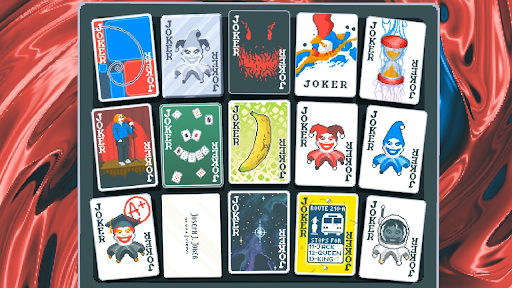Introduction
PC gaming in Japan has undergone a significant transformation over the past decade, shedding its once niche status to become a dominant force in the gaming industry. While mobile gaming still leads the market, the rise of PC gaming has been nothing short of remarkable. In 2022, the Japanese PC gaming market surged by an impressive 43%, growing from 131.3 billion yen to 189.2 billion yen (approximately $1.3 billion USD). This growth, reported by Kadokawa ASCII Research Laboratories, highlights a strong and sustained shift toward PC gaming, setting Japan apart from other global markets.
Comparing Global PC Gaming Trends
While Japan saw an explosive increase in PC gaming revenue, the U.S. market displayed relatively modest growth. Analysts estimate that the U.S. PC gaming market expanded by only 1-2% in 2022, maintaining a market size of around $9-10 billion. This slow growth can be attributed to the stabilization following the pandemic-driven boom of previous years. In contrast, Japan’s PC gaming market defied the post-pandemic downturn, reinforcing the platform’s increasing popularity.
Globally, the gaming industry faced a challenging year in 2022, experiencing a slight contraction due to the decline in lockdown-fueled gaming habits. However, Japan’s PC gaming sector continued to expand, indicating that the shift toward the platform is more than just a temporary trend.
Breaking the “Niche” Perception of PC Gaming in Japan
Historically, PC gaming in Japan was considered a niche market, overshadowed by consoles and mobile games. However, the recent growth figures prove otherwise. Japanese gamers are now aligning with broader Asian trends, where PC gaming has long been the preferred choice for hardcore and hobbyist gamers. This shift suggests that the local industry is undergoing a transformation, making PC gaming a mainstream option for Japanese players.
Factors Driving PC Gaming Growth in Japan
Several key factors have contributed to this remarkable growth:
Improved PC Gaming Storefronts
Digital distribution platforms such as Steam have become more accessible and user-friendly in Japan, providing gamers with a seamless purchasing and gaming experience. This ease of access has helped expand the PC gaming audience.Increased Availability of Steam Wallet Cards
The wider distribution of Steam wallet cards in Japanese retail stores has made it easier for gamers without credit cards to purchase games. This move has significantly lowered the entry barrier for PC gaming.Japanese Developers Prioritizing PC Releases
Major developers, including FromSoftware (partially owned by Kadokawa), have started launching their flagship titles with PC parity. Games such as Elden Ring and Armored Core 6 have received simultaneous PC releases, making the platform more attractive to Japanese gamers.Growing Interest from International Companies
Global companies, including Valve and Square Enix, are focusing more on catering to Japanese PC gamers. This has led to better localization, improved customer support, and an increase in PC-optimized game releases.Evolving Gaming Preferences
Younger gamers in Japan are embracing high-performance gaming setups, with many preferring the flexibility and superior graphics quality of PCs over traditional consoles.
The Role of Kadokawa and Industry Investments
Kadokawa ASCII Research Laboratories’ report highlights the deepening commitment of industry giants to the PC gaming market. Kadokawa itself, through its ownership stake in FromSoftware, is heavily invested in the continued success of PC gaming. The company’s research aligns with its business strategy, reinforcing the growing importance of the platform.
Future Outlook: A Continued Rise?
With all indicators pointing toward sustained growth, the future of PC gaming in Japan looks promising. As more developers prioritize PC releases and accessibility continues to improve, the platform is expected to further solidify its place in the Japanese gaming landscape. While mobile gaming remains dominant in sheer revenue, the rapid expansion of PC gaming proves that it is no longer a niche market—it is now a major player in Japan’s gaming industry.



